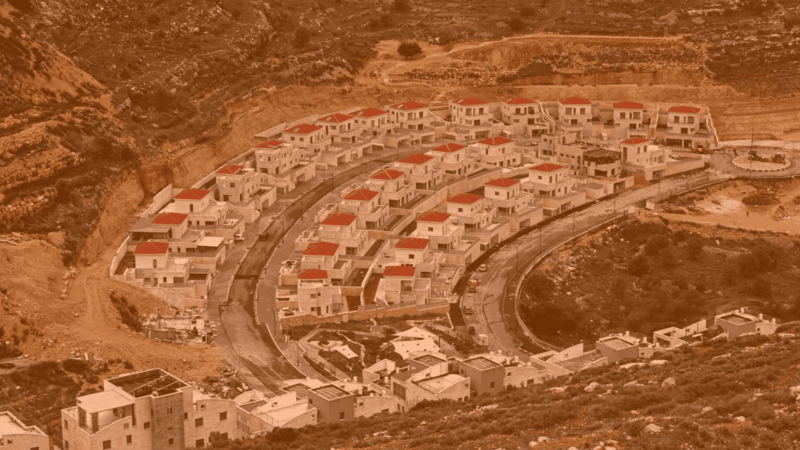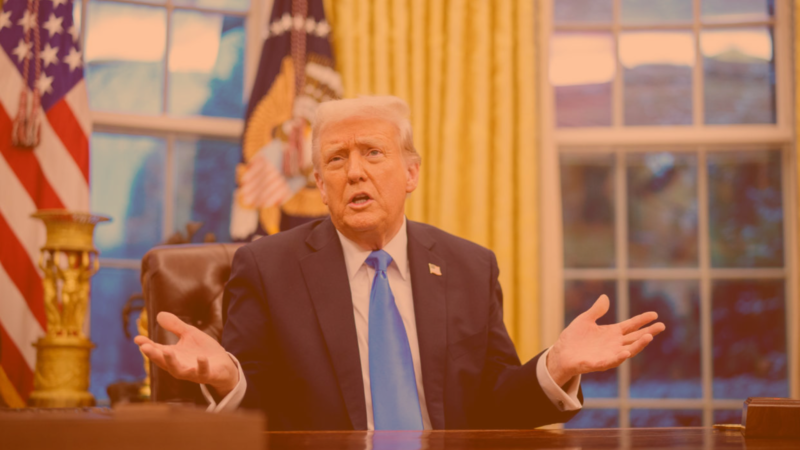Capitalism, globalisation, conditional aid and cultural imperialism have yielded neocolonial practices used to influence the countries of the so-called ‘developing world’.
One example is the control of West African and Central African CFA Franc by France. By controlling this currency, France keeps its ex-colonies — mostly in Western and Sahel Africa — in constant debt, enticing them to borrow more and more. CFA will cease to exist and will be replaced by “eco” by the end of 2020 but, in essence, CFA or eco countries will remain controlled, currency-wise, by Paris.
African countries are forced to export their raw products in order to pay their debts and import even the most basic goods. If governments try to break the vicious cycle, they get overthrown and their leaders executed like Burkina Faso leader Thomas Sankara who was killed by junta that was backed by France in 1987.
The anticolonial liberation that culminated in the 60s didn’t put an end to European military presence on this continent. On the contrary, the neocolonial regime of the UK, France, and Belgium (and South Africa during the Apartheid) was “enriched” in two forms of military aggression:
- Direct military interventions and wars against local liberation movements (Congo, Nigeria, Kenya, Angola, Namibia, Chad, Libya etc. )
- Helping local juntas to overthrow anti-imperialist governments and install loyal dictatorships (Burkina Faso, Ghana, Togo etc.)
Ex-colonial European powers (France, UK, Belgium) have a continuing military presence in Africa.
All in all, thirteen nations had a military presence in Africa in 2019. The United States, and especially France, had the most troops on the continent. French, British, Belgian and German troops are still present in Mali and Nigeria, while Italian troops are stationed in their previous colony, Libya. The Italian presence has not stopped dire human rights violations, and the total collapse of the state after the fall of Moamer El Ghaddafi regime in 2011. They have also failed to address Libyan warlords practicing slavery in the war-torn country.
One of the most blatant examples of the exploitation of African countries by multinationals is in the Democratic Republic of the Congo (where there, by the way, the US, French and Belgian troops remain stationed) is the use of child labour in cobalt mining.
The European military is involved in local tribal wars either as “peace-keeping” forces (Congo) or fighting the terrorist groups (Mali) while their governments are trying to control some crucial strategic points in Djibouti, Somalia, Cabo Verde or Tunisia. The second real purpose of European troops in the Sahel region is to stop West African migrants from reaching the ports in the north and consequently the European coast where they will be met by EU-funded Frontex forces whose primary role is not to rescue refugees in the Mediterranean Sea but to stop them from moving towards the north. Frontex has faced many accusations for violation of human rights.
The US military has been present in Somalia since 1992. Today, Somalia is still suffering of famine, divided by local warlords and constantly bombed by the US air force. In Somalia, US airstrikes hit an all-time high in April while United Nations (UN) Secretary-General António Guterres was calling for a global ceasefire.
The “collateral” damage was that of civilians.
The battle against the extreme islamist group Al-Shabbab is far from over. US Africa Command or AFRICOM (with HQ in Stuttgart, Germany) has a long history of military interventions in Nigeria, Somalia, Libya, Central African Republic and Mali. These are countries where the ambitions of the US military often clash with the interests of France.
The Trump administration pushed the UN to put American officer on the post of the head of the UN peacekeeping mission in Mali (MINUSMA). France, on the other hand, insisted that the post be given to a French officer or someone from French speaking African countries. France has deployed 4,500 troops in Mali. The real goal of the French government is to secure their influence in Mali so that they can access oil and uranium. The US has increased its weapons export to Africa and has plans for military expansion in ex-French colony Tunisia in order to maintain control of neighbouring Libya. These facts show the tendency of the Trump administration to take over the dominant position that France has on the continent.
Sixty years after African countries have gained their independence, European troops are still present on their soil. The only way to ‘save Africa’ is to leave it to Africans, evacuate military troops and give substantial help for African development.
Europe is in debt with Africa, not the other way around — the only way to ‘save Africa’ is to push for reparations.
Europe’ well being is, on a grand scale, based on resources that are located on the African continent. African countries will only be truly independent if two progressive rebellions meet: one, from within the African societies and the other one, from the very same countries that keep the continent in neocolonial shackles.
Aleksandar Novaković is a historian and dramatist. He is a member of the DSC Belgrade 1 and the thematic DSC Peace and International Policy 1.
Do you want to be informed of DiEM25's actions? Sign up here















